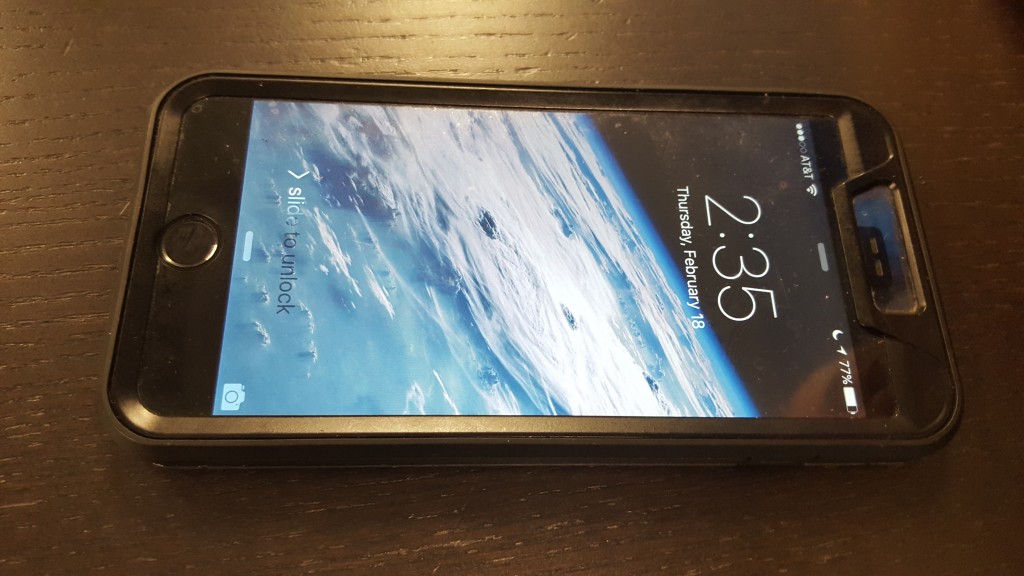January 20, 2016

MIAMI – Recently, Judge Antonio Marin ordered that someone hand over their records, numbers, and information regarding their cell phones from six hours before the crash and six hours after an crash involving personal injury. There was an appeal. The Respondent admitted error which means that they admitted that what the Judge did was not consistent with the law. The error that was admitted was that the order violated the petitioner’s Fifth Amendment rights and constituted a departure from the essential requirements of law. Therefore, the 3rd DCA quashed the order.
The opinion was a very short opinion and did not get into specifics as far as the specifics of the judge’s order other than requiring the production of cell phone records from the 6 hours before and after the crash. For years, Judge’s all over the state have been ordering the production of cell phone records. And those records have been the subject of trials for years. This order seems to fly in the face of those rulings. It seems that things have changed. However, the ruling is very short and basic. It would appear to us that this ruling will be challenged. Time will tell.
If these records are not discoverable, it will change things from a trial perspective. If someone was talking on the phone, there will be no documented evidence of that unless there was video of the crash. There will be just testimonial evidence of the crash. This could help the Defendant or the Plaintiff depending on who is being accused of being on the phone. It will be very interesting to see how this plays out. Certainly, this will start now. Folks will see this order and will object to discovery that asks for this information. Or, in trial, I would imagine that it would come up as well. However, it would appear that the client would have to invoke the 5th amendment right not to self incriminate and do it in front of a jury. That, would not be good for a Plaintiff seeking relief.
Distracted driving is becoming one of the largest dangers on the roads today. In many ways it has surpassed impaired driving as the top hazard to everyone’s safety. One common occurrence is what might be called the “texting drifter”. What that means is the vehicle drifts out of the lane when the driver is texting, reading an email or checking their social media. We have all seen it – the vehicle drifts then because of a horn or near contact with another vehicle, the driver over corrects back to their original lane. If they are lucky, no one gets hurt. But no matter how often it happens, it continues and increases each and everyday. It is even more obvious at night because you can see the screen light in the car. It is important that we all look out for one another and to also set a good example for our children. Based on this new case, it is obvious that there will continue to be considerable litigation over driver’s cell phones. But the best defense in every case is to put it down and wait.
Recently, the 3rd DCA withdrew an opinion we wrote about and clarified it with a new one. And it appears to have been the right move. In our blog writing about cell phones, we discussed a somewhat confusing opinion by the 3rd DCA wherein it seemed like they were saying that cell phone discovery generally violated someone’s fifth amendment rights. However, the issue in that case was that the party who the court ordered had to disclose her cell phone information was part of a criminal case. Therefore, the disclosure of her cell phone information was clearly a violation of her 5th amendment right not to self incriminate. The prior opinion was not clear on the fact that there was a criminal case ongoing. The court expressed no opinion as to whether the 5th amendment rights were violated by disclosure once the criminal case concluded.
 Miami Personal Injury Attorney Blog
Miami Personal Injury Attorney Blog

